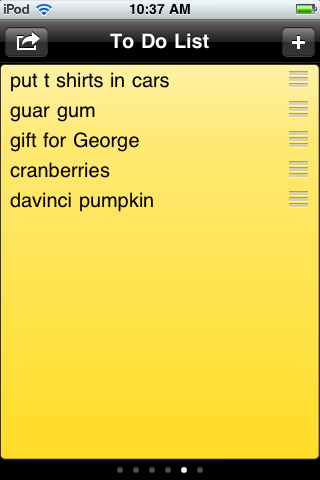I read the book Getting Things Done last week and started working with the system this week, and I'm shocked at how much of a difference it's making.
The book is from the late 90's and I'm sure the author (David Allen) made millions going into companies and giving seminars so there must be people out there who went through it.
For those not familiar, it's mainly about creating a systems of lists and files to capture and keep track of everything you're working on or planning to do in the future - work, home, travel plans, anything. The thing that's critical is that there is a place for absolutely everything in the system so that you don't have to hold it in your head. Which means you can focus a lot better on whatever is in front of you.
I know, I know, cue the jokes from those who are retired and trying to do as little as possible. Nonetheless - Has anyone here tried this? What did you think? How long did you stick with it?
The book is from the late 90's and I'm sure the author (David Allen) made millions going into companies and giving seminars so there must be people out there who went through it.
For those not familiar, it's mainly about creating a systems of lists and files to capture and keep track of everything you're working on or planning to do in the future - work, home, travel plans, anything. The thing that's critical is that there is a place for absolutely everything in the system so that you don't have to hold it in your head. Which means you can focus a lot better on whatever is in front of you.
I know, I know, cue the jokes from those who are retired and trying to do as little as possible. Nonetheless - Has anyone here tried this? What did you think? How long did you stick with it?


